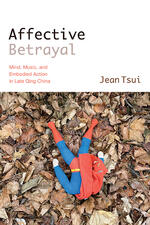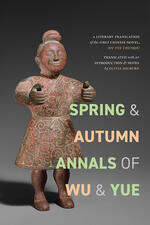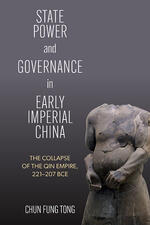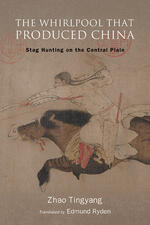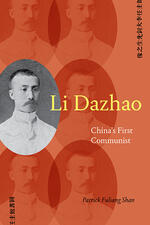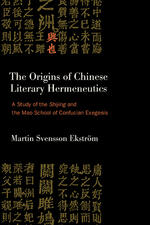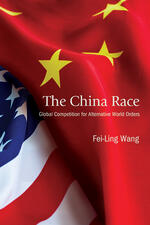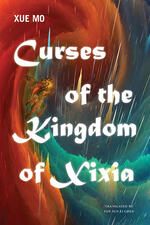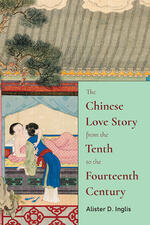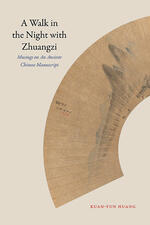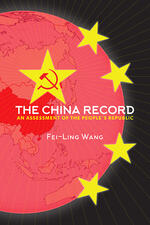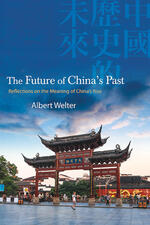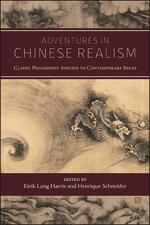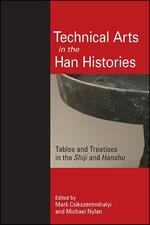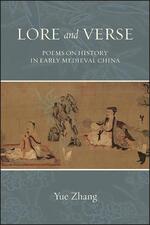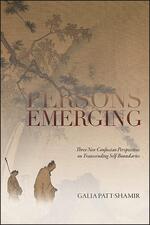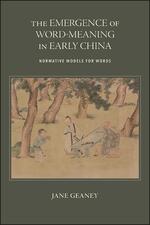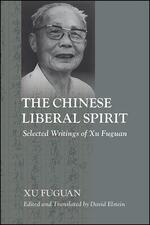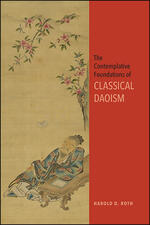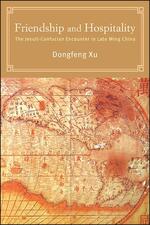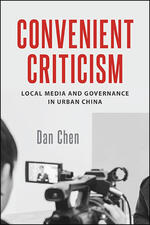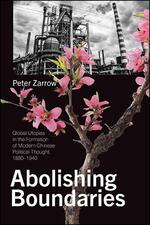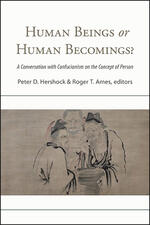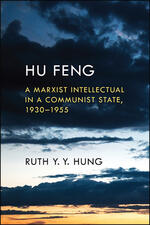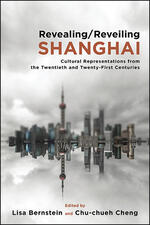Chinese Studies
Affective Betrayal
Seeks to introduce an "affective turn" to the study of China's political modernization process.
Spring and Autumn Annals of Wu and Yue
An approachable and readable translation of a classic work of Chinese literature and landmark work of non-Western fiction writing.
State Power and Governance in Early Imperial China
Offers a new perspective on the first dynasty of imperial China and the reasons for its collapse.
The Whirlpool That Produced China
Provides a philosophical, cultural, and historical answer to the question: Where did China come from?
Li Dazhao
Biography of a major figure in modern Chinese history.
The Origins of Chinese Literary Hermeneutics
Explores how China’s oldest poetry collection was interpreted in a Confucian exegetical text—the Mao Commentary—in the mid-second century BCE.
The China Race
An analysis of the China Race—the global competition for leadership and world order between the US-led West and the People's Republic of China.
Curses of the Kingdom of Xixia
Reality merges with illusion in this novel of northwestern China.
The Chinese Love Story from the Tenth to the Fourteenth Century
Traces the development of the Chinese love story during the Song and Yuan dynasties.
A Walk in the Night with Zhuangzi
A complete translation and analysis of "All Things Flow into Form" (Fan wu liu xing), a recently discovered manuscript from the Warring States period (481–221 BCE).
The China Record
Detailed assessment of the People's Republic of China as an alternative mode of political system and as a distinctive model of socioeconomic development.
The Future of China's Past
Addresses the question of China's rise and what it portends for the future.
Adventures in Chinese Realism
Relates Chinese Realism to contemporary political and ethical challenges, such as in international relations and the morality of the public sector.
Technical Arts in the Han Histories
The first concerted attempt to analyze how the histories Shiji and Hanshu described the technical arts as they were applied in vital areas of the administration of pre-Han and Han China.
Lore and Verse
Explores how poetry was used to disseminate and interpret history in early medieval China.
Persons Emerging
Offers three neo-Confucian understandings of broadening the Way as broadening oneself, through an ongoing process of removing self-boundaries.
The Emergence of Word-Meaning in Early China
Posits the origin of a specifically Chinese concept of “word-meaning,” and sheds new light on the linguistic ideas in early Chinese philosophical texts.
The Chinese Liberal Spirit
The first English-language translation of an important figure in modern Confucian thought.
The Contemplative Foundations of Classical Daoism
Brings early Daoist writings into conversation with contemporary contemplative studies.
Friendship and Hospitality
Offers a comparative and deconstructive reading of the cross-cultural encounter between the Jesuits and their Confucian hosts in late Ming China.
Convenient Criticism
Explains why and how local critical reporting can exist in China despite the kinds of media control that are the hallmarks of authoritarian rule.
Abolishing Boundaries
Offers new perspectives on modern Chinese political thought.
Human Beings or Human Becomings?
Argues that Confucianism and other East Asian philosophical traditions can be resources for understanding and addressing current global challenges such as climate change and hunger.
Hu Feng
A study of Hu Feng as a literary critic and case study on how intellectual work can respond to political pressure.
Revealing/Reveiling Shanghai
Examines Shanghai both as a real city and an imaginary locale, from diverse cultural and disciplinary perspectives.
